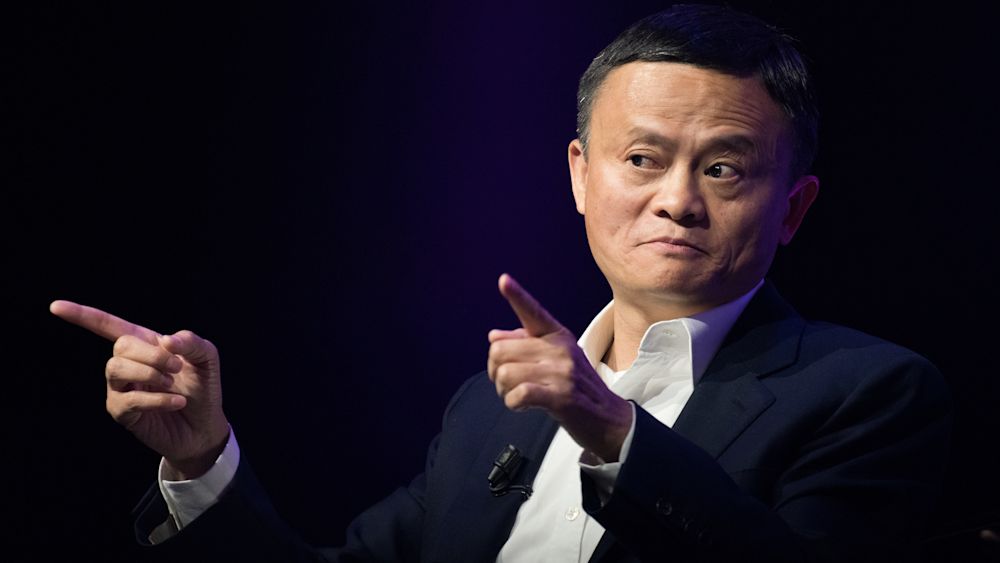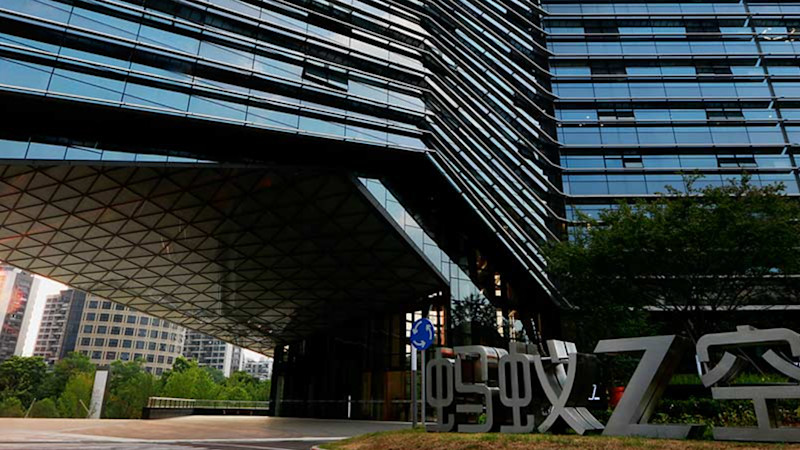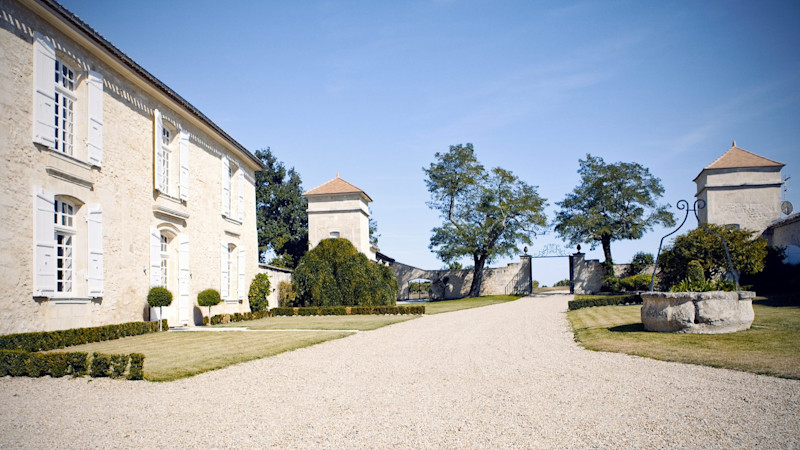- Iterate
- Meet The Team
- What Companies Does Jack Ma Own?
Table of contents
Jack Ma and Alibaba are almost synonymous at this point but what other ventures is Jack Ma involved in?

From humble beginnings, Jack Ma has risen to be one of the world’s most influential billionaires, as well as one of the most influential businessmen in China.
Born in Hangzhou, Zhejiang, China in 1964, Ma initially worked as a tour guide for foreigners to practice his English. Eventually, he was accepted to Hangzhou Teacher's Institute after his third attempt. However, Ma wasn’t destined to be an English teacher forever and in 1994 he founded his first internet company, the Hangzhou Haibo Translation Agency.
Ma founded the company he is most well known for, Alibaba, in 1999 after leaving his post at the Chinese Ministry of Foreign Trade and Economic Cooperation’s China International Electronic Commerce Center. Alibaba’s first office wasn’t anything special, just like other business giants (Apple and Microsoft spring to mind), and began in a cramped apartment filled with Ma and 17 friends, former colleagues, and students.
22 years later and Alibaba is now doing business around the world and sold a record $1.2 trillion worth of goods through its ecosystem in its 2021 fiscal year (ended March 2021).
Ma and Alibaba are almost synonymous at this point but what other ventures is Jack Ma involved in?
Ant Group
Ant Group was created by Jack Ma in 2014 and has also been known as Ant Financial. The company owns its own digital payments platform, Alipay, and serves approximately 1.3 billion users worldwide.
Under the Ant Group umbrella you can find online spare cash management platform Yu'e Bao, consumer credit platform Huabei, online mutual aid platform Xiang Hu Bao, online bank MYbank, independent credit assessment service Zhima Credit.
In 2020, Ant Group was aimed to debut on public markets at a valuation of $313 billion, which would have made it the largest IPO of all time. The IPO was eventually scuttled by regulators but in January 2021, Yi Gang, the Governor of the People’s Bank of China, hinted that it could resume if the company resolved issues, including user privacy.

Yunfeng Capital
Based in Shanghai, Yunfeng Capital is a private equity firm founded in 2010. Also callled YF Capital, Yunfeng was created by Jack Ma and David Yu, the founder of Target Media. The company is led by Yu Feng and provides brokerage, investment research, asset management, insurance, employee stock ownership plan administration services.
Alibaba Group
Now we've already covered Alibaba as a company, but Ma’s e-commerce giant has grown to incorporate a slew of other tech, logistics, and e-commerce ventures you may or may not have heard about. Below we've listed out a selection Alibaba's most impactful subsidiaries.
-
Lazada, was created in 2012 and serves as Alibaba's Southeast Asian unit with a presence in six countries – Indonesia, Malaysia, the Philippines, Singapore, Thailand and Vietnam. The company is more than just a e-commerce market place as it also ships 75% of its own packages in the region.
-
Alibaba Cloud was cretaed in 2009 and now offers a complete suite of cloud services to customers worldwide, including elastic computing, database, storage, network virtualization services, large-scale computing, security, management and application services, big data analytics, a machine learning platform and IoT services. The company is one of Alibaba's fastest-growing business units and was the world’s fourth-largest public cloud service in the second half of 2020.
-
Freshippo is one of Alibaba Group's more recent ventures, launched in 2016, the company serves as Alibaba's proprietary grocery retail chain. The company's proprietary fulfillment system enables 30-minute delivery to customers living within a three-kilometer radius of any one of Freshippo's 207 self-operated stores. In September 2020, the company opened its first membership-only store in Shanghai.
-
DingTalk's offering is now more important than ever. The Alibaba-owned app offers businesses and schools ways of working, sharing and collaborating remotely via its digital collaboration platform (though it hasn't been popular with kids in China).
-
Alimama was launched in 2007 as Alibaba Group’s monetization platform. The platform uses data technology to match the marketing demands of merchants, brands and retailers with resources on Alibaba platforms enabling the digital company to sell ads on its domains.
-
Cainiao Network is Alibaba's logistics play. Founded in 2013, the company exists to meet realize Alibaba's goal of fulfilling consumer orders in China within 24 hours and within 72 hours globally. Cainiao operates as an open platform enables collaboration between 3,000 logistics partners and 3 million couriers.
-
Youku is a long-form video platform that enables users to search, view and share high-quality video content. Alibaba Group acquired Youku in 2016 and uses the platform to help drive customer loyalty to its core commerce business with complementary content offerings.
-
Taobao launched in 2003 and uses big-data analytics to provide consumers with a personalized shopping experience. However, the platform doesn't just connect shoppers with merchants and products as it also has social features that allows shoppers to interact with each other as well as trendsetters.
-
Tmall is a Chinese-language platform for consumers to buy both Chinese and international branded products that was spun off from Taobao. Created in 2008, the platform connects shoppers with products that may not be available in traditional retail destinations.
-
AliExpress was founded in 2010 and connects global consumers to Chinese companys, allowing them to buy directly from manufacturers and distributors in China and around the world. Currently the company is eying expansion in Brazil using live commerce, financial services, and registering local sellers in its marketplace.
Château de Sours
An honorable mention, Château de Sours is a château Ma purchased in Bordeaux, France in 2016. As of October 2020, the estate has produced limited releases that have been sold in China. Additionally, bottles of the estate's sparkling rosé have been given to Alibaba employees as parting gifts.
A new winery will reportedly be completed on the property in 2022 alongside the release of a new wine.

Sign up now: Stay up to date, level up and hire better with our behind the scenes newsletters at the world’s top startups.
In this article


The ORG helps
you hire great
candidates
Free to use – try today